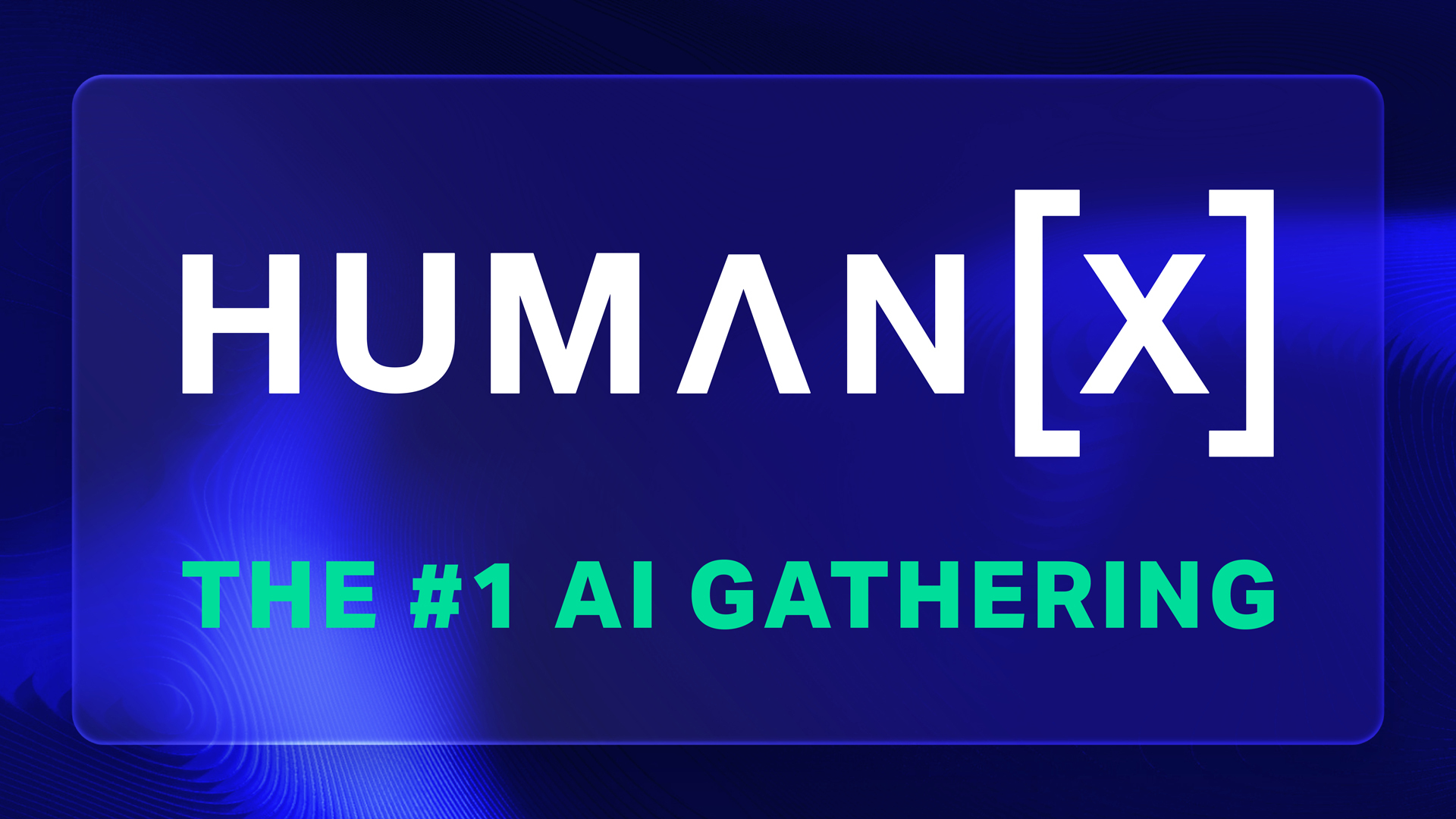- Slice of Technology
- Posts
- #58 - Kahini Shah, Partner at Obvious Ventures
#58 - Kahini Shah, Partner at Obvious Ventures

Join us on this week's episode of the Slice of Technology AI podcast, hosted by Jared S. Taylor!
Our Guest: Kahini Shah, Partner at Obvious Ventures.
What you’ll get out of this episode:
Kahini Shah’s Background: From NLP engineering to venture capital at Obvious Ventures.
Obvious Ventures’ Investment Ethos: Focus on AI, healthcare, and sustainability.
AI’s Role in Scientific Discovery: Generative science and AI-driven research.
Future of AI Efficiency: How AI is shaping capital-efficient startups.
Spotlight on Oumi: Open-source AI development and democratizing model access.
Watch
Listen
Read More
From Engineering to AI-Focused Venture Capital
Kahini Shah’s journey into venture capital started with her passion for building technology. After studying electrical and computer engineering, she began her career in natural language processing, later joining Google's AI investment arm. Now a partner at Obvious Ventures, Shah focuses on AI investments that drive positive societal impact.
Obvious Ventures, founded by Ev Williams (co-founder of Twitter and Medium), is committed to “world positive investing”—seeking venture-scale returns while addressing major global challenges. The firm’s investments span planetary health, human health, and economic health, with a portfolio including AI-powered drug discovery, robotics automation, and sustainable innovations like lab-grown diamonds.
The AI Revolution: What’s Next?
Shah divides AI opportunities into two categories:
AI-Driven Scientific Discovery: AI is revolutionizing research by generating hypotheses, conducting experiments, and even utilizing robotics for data collection. She refers to this trend as “generative science”, which has applications in drug discovery, material sciences, and new biological therapeutics.
AI for Practical Efficiency: AI’s ability to automate administrative tasks is already transforming industries. In healthcare alone, U.S. doctors spend 25-30% of their time on documentation—AI can drastically reduce this burden. Beyond healthcare, AI is streamlining processes in legal, financial, and software development sectors.
AI and Capital Efficiency in Startups
The AI boom is driving new efficiencies in startup operations. Shah acknowledges that AI-driven companies can operate with fewer employees per revenue dollar, but she remains cautious about assuming this is a permanent shift. While AI-powered automation reduces labor needs, she emphasizes that strong teams remain critical for success.
Shah also discusses the concept of a billion-dollar, one-person company, an idea popularized by OpenAI’s Sam Altman. While possible, she believes team dynamics, innovation, and execution will always be essential for sustainable business growth.
Spotlight on Oumi: The Power of Open-Source AI
One of Shah’s standout investments is Oumi, an open-source platform enabling developers to curate, train, and deploy AI models. Oumi focuses on democratizing AI by making powerful models like Llama and DeepSeek more accessible to the research community. The company quickly gained traction, trending at #1 on GitHub’s leaderboards and amassing 8,000+ stars within days of its launch.
By promoting open-source AI, Oumi is challenging the dominance of proprietary AI models from major players like OpenAI and Anthropic. Shah believes fostering open innovation is crucial for decentralizing AI advancements and ensuring broad accessibility.
Final Thoughts: The Future of AI Investing
As AI continues to evolve, Shah remains excited about identifying breakthrough innovations that, in hindsight, will seem “obvious.” She looks for startups with strong founder-market fit, technical expertise, and the potential to reshape industries.
With the rapid pace of AI advancements, the next big AI breakthrough is just around the corner—and investors like Kahini Shah are at the forefront of making it happen.




Reply